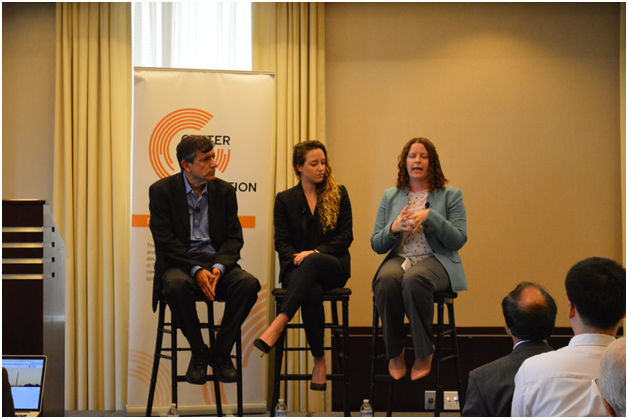As a financial adviser, you probably have a multitude of processes in place to protect client information and confidentiality, as even good faith breaches can have substantial consequences. How effective are your practices against those with the intent to steal a client’s financial information?
How much risk is there really?
Everyone has professional indemnity insurance for a reason. Poor advice or minor breaches can result in substantial lawsuits. But would your insurance cope if it were dozens or hundreds of clients instead of just one?
Leaving a client file on a train, or on a desk where someone with ill intent was able to do damage is one thing, but when it comes to information security, once a hacker is inside, they potentially have access to all the data you have about all of your clients, to abuse at their leisure.
In 2016, Morgan Stanley suffered a data breach due to the negligence of an ex-employee. The ex-employee was held personally liable to the tune of $600,000, but more than that, the Securities and Exchange Commission found Morgan Stanley to be complicit in the negligence, resulting in an additional $1 million fine. Not only could you or one of your colleagues be personally liable, but an electronic data breach could be ruinous to your company as well.
What can I do about it?
At the end of the day, you are an expert on financial codes and regulations, not computer code. Information security is not something you can reasonably do yourself.
Start with good quality back office systems for financial advisers, such as those from https://www.intelliflo.com/. Good back office software will have substantial security features of its own to prevent unauthorized access but then will also use strong encryption algorithms to secure client data, meaning even if there is a breach, the client data is likely to remain secure.
In addition to back office systems, personal devices and computers need to remain secure. At the most basic level, this means ensuring software is up to date, and sensitive data is kept in the back office software, rather than saved unencrypted to any device. A network security expert should also be consulted to minimise the chance of a would-be hacker gaining access to the server the back office software is run on, much less the software itself.







Leave a Reply